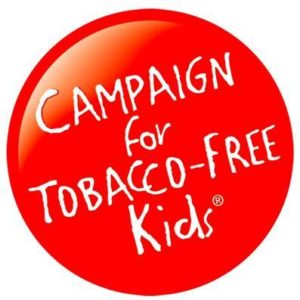As Tobacco 21 became federal law, most tweets were neutral or negative
ASPiRE’s Page Dobbs co-authored a study of tweets following the Dec. 20, 2019 law immediately raising the minimum legal sales age of tobacco products to 21 years. Researchers examined more than 4,600 tweets in the three months leading up to the date of the law and found that most were neutral (46.2%) or negative (38.8%), with most [...]

